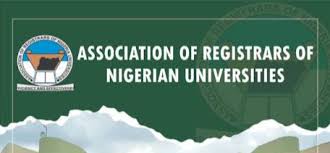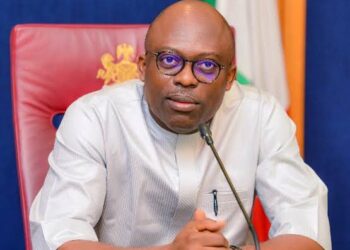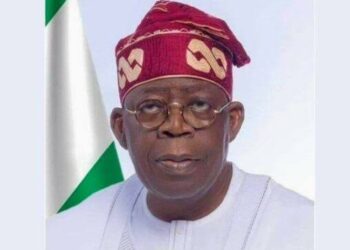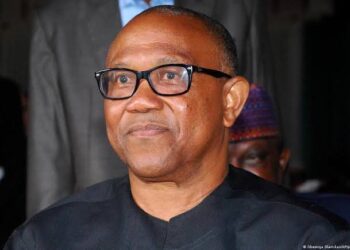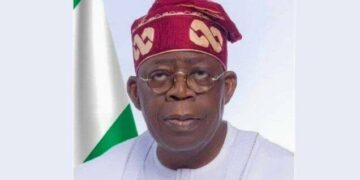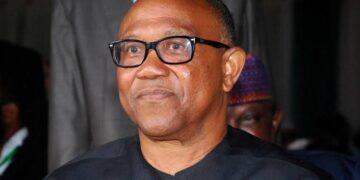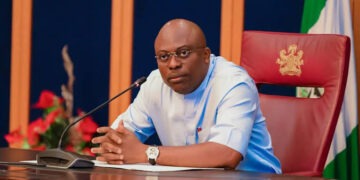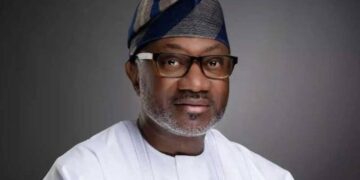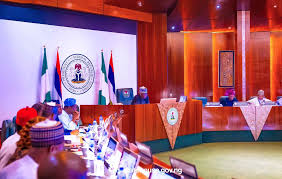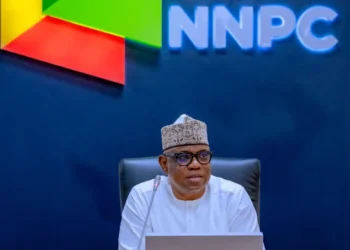The Association of Registrars of Nigerian Universities has lamented the inability of the tertiary institutions to be among the best in the world in terms of global ranking.
The association expressed this through its chairman, Bala Ahmed, who spoke at the third registrars’ workshop and 77th business meeting held at the Kaduna State University on Wednesday.
The workshop’s theme was ‘University Ranking in the Face of Global Competitiveness: The Way Forward for Nigerian Universities’.
Mr Ahmed said some of the challenges facing the universities include emerging technological trends that impact their global competitiveness in teaching, research, and innovation. He also identified other factors that may be negatively impacting
on global rankings.
Mr Ahmed listed them as chronic underfunding and dilapidated infrastructure, a continued exodus of top academic talent, low research output, and weak visibility in international academic publications. He also identified insufficient international collaborations, institutional partnerships, and disruptions in academic calendars as some of the problems.
According to him, this is due to recurring industrial actions, declining quality of student intake, as evidenced by recent performance in JAMB
examinations, among other factors.
Mr Ahmed explained that registrars convened to address ranking challenges, mitigate shortcomings, and elevate Nigerian universities globally.
The host registrar, Samira Balarabe, said the association unite administrators to learn best practices and ensure consistency nationwide. She, however, urged government support for infrastructure and resources to keep pace with evolving education trends.
KASU vice-chancellor Abdullahi Musa said the institution aimed to achieve excellence by identifying its unique identity and collaborating with stakeholders, including parents, industry experts, academia, and registrars.
Mr Musa added that KASU prioritised innovation and sensitivity to community needs, with a strategic framework guiding their progress.
“For us, excellence is a core concept, extending beyond competition to impactful change, with the university’s programmes designed to address local and global challenges including poverty eradication, security, and well-being,” Mr Musa said.
Also, the National Universities Commission executive secretary, Abdullahi Ribadu, said the workshop would provide a valuable platform for enhanced knowledge sharing, professional development and collaborations.
He urged them to develop lasting strategies to strengthen universities’ administrative frameworks in line with global best practices.


